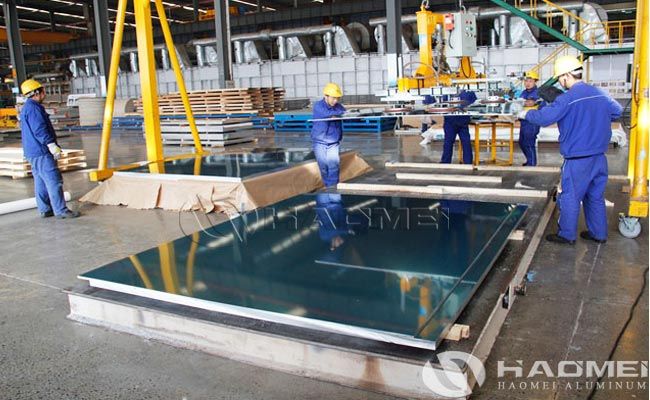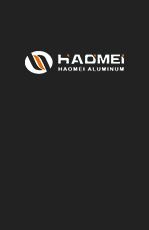Aluminum 5052 VS 5083 VS 6061 In Sea Water
In seawater environment, 5083 aluminum alloy, 5052 aluminum alloy and 6061 aluminum alloy all show good corrosion resistance. However, to determine which aluminum alloy has the best corrosion resistance in seawater, it is necessary to consider a variety of factors, including alloy composition, microstructure, use environment and surface treatment process.

1. Corrosion resistance comparison
- 5083 aluminum alloy
Advantages: The highest magnesium content (4.0-4.9%) forms a dense oxide film, and has strong resistance to chloride ion corrosion, especially suitable for long-term immersion or high salt spray environment. Experiments show that its corrosion rate in seawater is significantly lower than that of the other two alloys.
Features: Mainly uniform corrosion, less pitting, and high stability of surface corrosion products.
- 5052 aluminum alloy
Advantages: The magnesium content (2.2-2.8%) is moderate, and the seawater corrosion resistance is better than ordinary aluminum plates, but weaker than 5083. Suitable for short-term or intermittent contact with seawater.
Limitations: Local corrosion may occur in strong acid or high concentration chloride environments.
Disadvantages: Contains silicon and copper elements, easily reacts with chloride ions in seawater, causing intergranular corrosion and pitting corrosion. Studies have shown that its corrosion rate in seawater environment is significantly higher than that of 5000 series alloys, and long-term marine applications are not recommended.
2. Comparison of mechanical properties
Performance indicators | 5083 aluminum plate | 5052 aluminum plate | 6061 aluminum plate |
Tensile strength | 270-285 MPa | 210-240 MPa | 276-310 MPa |
Yield strength | 125-215 MPa | 110-193 MPa | 241-276 MPa |
Elongation | 12-16% | 12-20% | 10-12% |
Hardness | 70-85 HB | 60-65 HB | 95-100 HB |
Marine grade aluminum 5083: It has both high strength and good plasticity, suitable for ship load-bearing structures (such as decks and hull frames).
Marine grade aluminum 6061: The highest strength but low plasticity, suitable for high-load but non-corrosive environments on land.
Marine grade aluminum 5052: Balanced comprehensive performance, suitable for marine equipment shells or pipelines with medium strength requirements.
3. Weldability and Processability
- 5083 aluminum
Weldability: TIG/MIG welding has excellent performance, and the corrosion resistance of the weld is close to that of the parent material, making it the first choice for ship welding.
Processability: Good cold forming ability, can process complex curved surfaces, but high temperature annealing should be avoided to reduce strength.
- 5052 aluminum
Weldability: The strength loss after welding is small, suitable for manufacturing welded parts such as oil tanks and pipelines.
Processability: The ductility is better than 5083, suitable for stamping and deep drawing processes.
- 6061 aluminum
Weldability: The heat-affected zone is easy to soften, and post-weld heat treatment is required to restore the performance. The process is complex and costly.
Processability: Poor cutting performance, but suitable for extrusion molding (such as structural profiles).
4. Typical application scenarios
- Marine grade aluminum 5083: ship main structure (hull, deck), offshore platform, liquefied natural gas storage tank.
- Marine grade aluminum 5052: ship interior, ventilation ducts, small yacht parts, corrosion-resistant containers.
- Marine grade aluminum 6061: land mechanical structural parts, aviation non-load-bearing parts (non-marine environment).
5. Economic efficiency and selection suggestions
- Cost: 5083 > 6061 > 5052 (due to differences in magnesium content and processing difficulty).
Selection principles:
- Priority 5083: long-term seawater exposure, high-load scenarios (such as ocean-going ships).
- Second choice 5052: short-term or local contact with seawater, cost-sensitive projects.
- Avoid 6061: not recommended for use in marine environments unless on land and high strength is required.
From the above comparison, it can be seen that 5083 aluminum alloy has the best comprehensive performance in the marine environment and is the preferred material for maritime engineering; 5052 aluminum alloy is suitable for secondary corrosion-resistant structures, while 6061 aluminum alloy is more suitable for high-strength demand scenarios on land.








